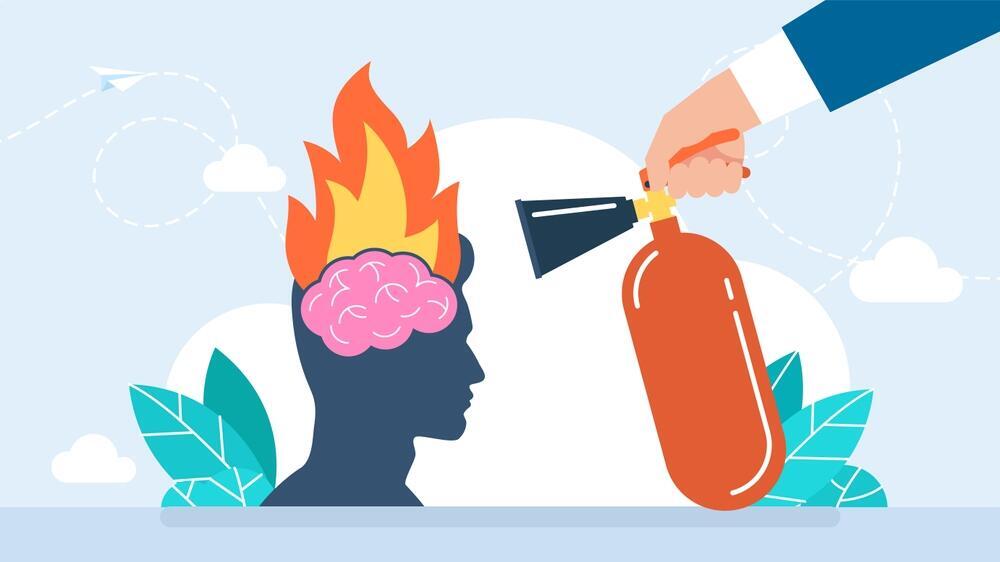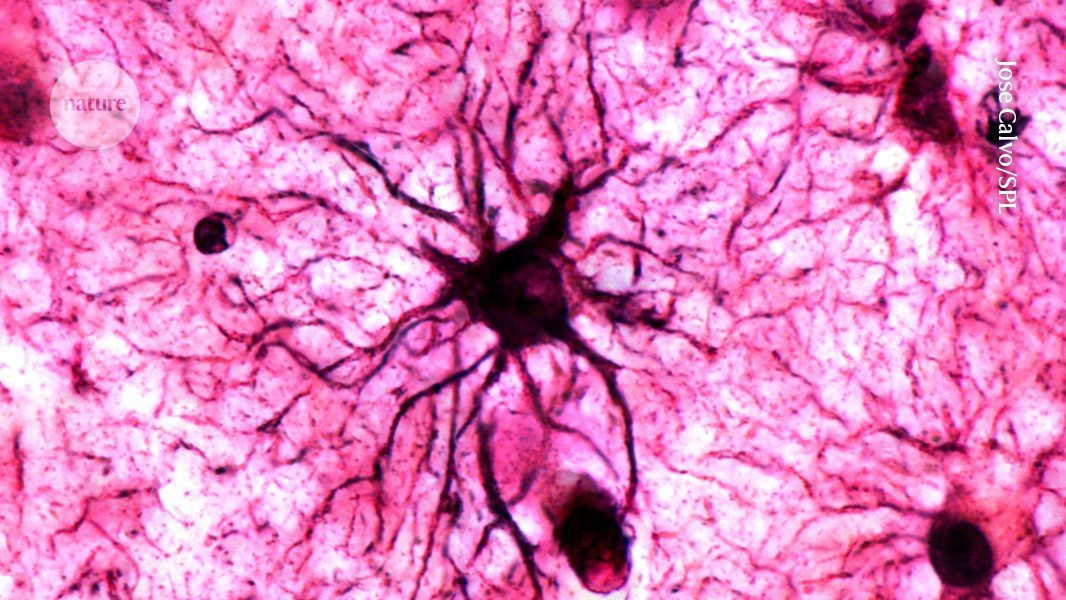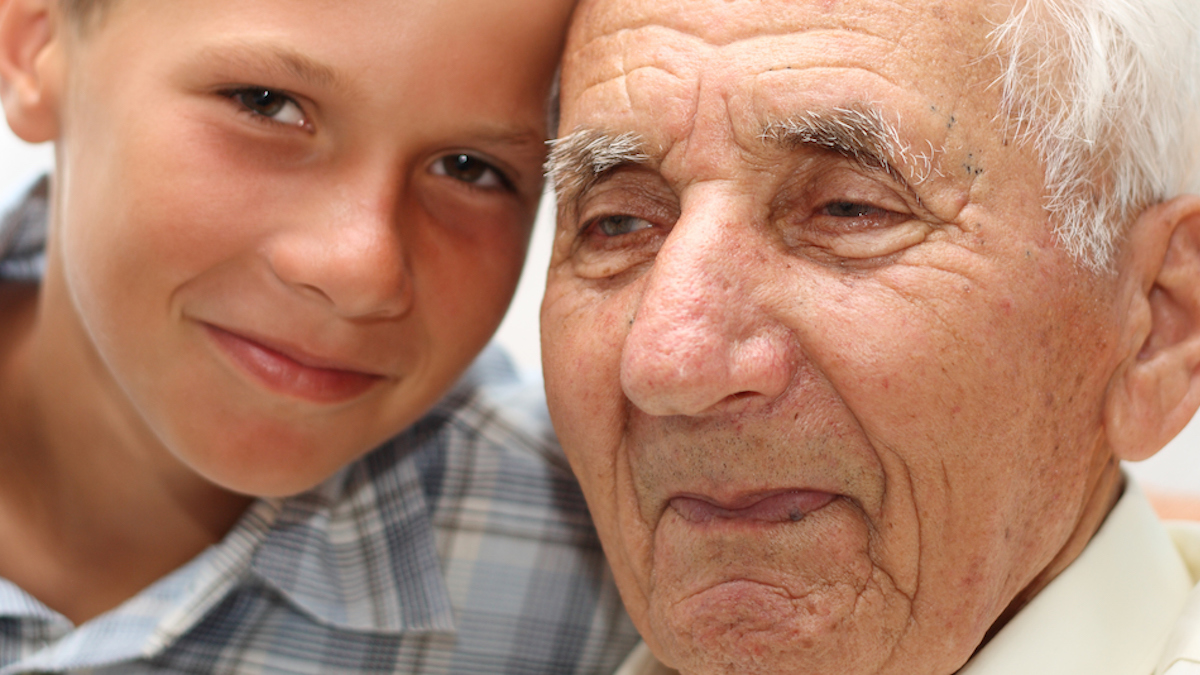Experts explain how heat weakens the brain’s protective mechanisms, disturbs sleep quality, increases irritability, and can worsen existing health conditions.
3 View gallery


Extreme heat disrupts brain functioextreme heat disrupts brain function
(Photo: Shutterstock)
Dr. Majd Zaid, a neurology specialist at the Wolfson Medical Center, says the brain and nervous system “don’t like heat.” The impact depends on the intensity of the temperature, the rate at which it rises, and the length of exposure.
“There’s a small area in the brain called the hypothalamus, responsible for regulating body temperature and other physiological processes,” he explains. “When temperature rises, this regulation mechanism is impaired, and so is the blood-brain barrier (BBB)—a biological filter that blocks viruses, abnormal proteins, bacteria, or excess salts from entering brain tissue. Once that barrier is compromised, harmful particles can freely enter the brain, potentially causing inflammatory or infectious processes.”
Heat also triggers another process—oxidative stress—where free radicals damage cells throughout the body, particularly nerve cells. “Clinically,” warns Dr. Zaid, “heat can cause symptoms like confusion, agitation, disorientation, headaches, dizziness, unsteady gait, and in some cases hallucinations, seizures, loss of consciousness, and heatstroke. Heatstroke can result in brain swelling—a critical condition requiring urgent treatment.”
His advice is clear: “Keep body temperature below 40°C (104°F), stay in the shade, avoid prolonged sun exposure, and take regular hydration breaks.”
According to Dr. Idit Gutman, a clinical psychologist at Tel Aviv University, heat is a prolonged stressor. “Its effect is similar to crowding or chronic pain. We become emotionally depleted, experience more negative emotions, and even if we stay indoors away from the sun, we may feel trapped, bored, and more tense at home.”
Heat, she explains, directly affects executive function and self-control. “It’s harder to think, cognitive performance drops, and problem-solving ability decreases. Studies show that classrooms without air conditioning or with high humidity score lower than those with more comfortable conditions.”
She also notes the linguistic link between heat and emotion: “In Hebrew, ‘to heat up’ means not only a temperature rise, but also to become angry. In English, ‘to be cool’ means both physically cool and calm or composed. Physical heat affects us emotionally—when we’re hot, we tend to be hot-tempered.”
 Dr. Idit GutmanPhoto: Shahar Shahar
Dr. Idit GutmanPhoto: Shahar ShaharPhysiologically, negative emotions increase blood flow to the heart and activate the body’s emergency systems. “Some people are more sensitive to temperature changes—it’s part of their sensory profile, like people with particularly acute hearing,” she says. “It’s not a matter of weakness—it’s a genuine physiological reaction.”
She warns that groups such as the elderly, infants, pregnant women, and people with chronic illnesses may not notice when they need more fluids or rest. “The body registers extreme heat as an emergency—like seeing a real threat. It mobilizes all resources for survival, making it harder to process information or make decisions.”
Heat also changes home dynamics. “If you want to increase aggression and irritability, put people in a crowded, hot space with nowhere to go. It happens in classrooms with 40 students, in ER waiting rooms, and at home. Once we recognize this as a climate disaster event, we can lower expectations for ourselves and others, acknowledge this isn’t a normal day, and even take sick leave if needed.”
She refers to the “Beta Zone paradox”—when small stressors accumulating over time harm health more than a single dramatic event. “A broken arm is visible to everyone. Prolonged heat that disrupts sleep and affects our mood is a quiet, dangerous, and exhausting assault.”
The heat’s impact on the brain isn’t just from direct exposure—it also comes from disrupted sleep. Dr. Yoav Matov, a brain researcher at the Hebrew University and the developing university in Tel Hai, cites a study conducted at Boston University—despite its relatively cool climate—that compared students in air-conditioned dorms to those without.
 Dr. Yoav MatovPhoto: Crystal White
Dr. Yoav MatovPhoto: Crystal White“The experiment took place during a major heatwave. Sleep was significantly worse for those without AC,” he says. “Every increase in temperature shortened sleep duration and reduced sleep quality. Because sleep is critical to brain function, this led to declines in cognitive performance—memory, reaction speed, concentration, and even simple math. It’s not just a feeling—when it’s hot, we do perform worse. Above all, it’s important to ensure the best possible sleep conditions.”
Experts agree: reducing the harm of extreme heat requires both physical and mental strategies. Physically—drink plenty of fluids, avoid sun exposure, reduce physical exertion, and make sure living and working spaces are air-conditioned. Mentally—recognize this as a climate emergency, lower expectations for yourself and others, maintain self-control, and model calm behavior for children.
“Self-control is a learned skill that can be strengthened,” says Dr. Gutman. “Like in the famous marshmallow test, the ability to delay gratification in childhood predicts many life successes. Even in extreme heat, we can learn to pause before reacting, think before acting, and choose calming solutions instead of escalating.”




